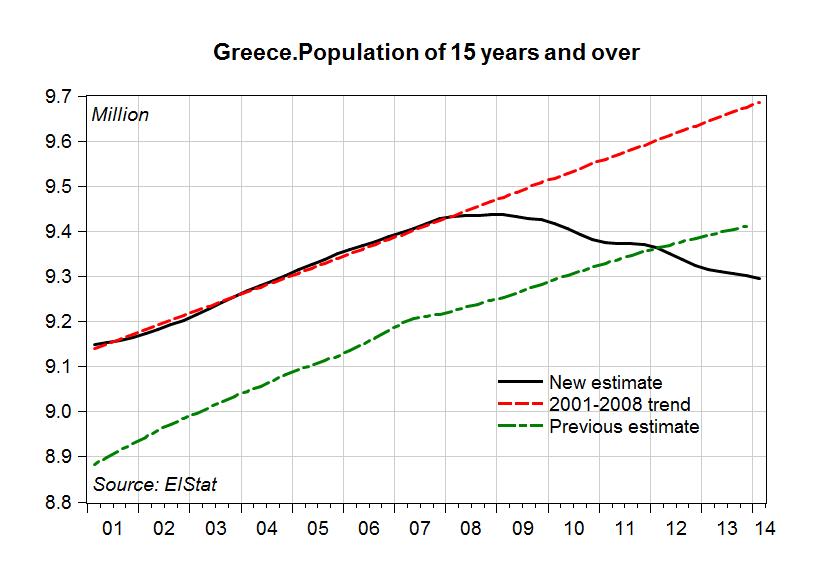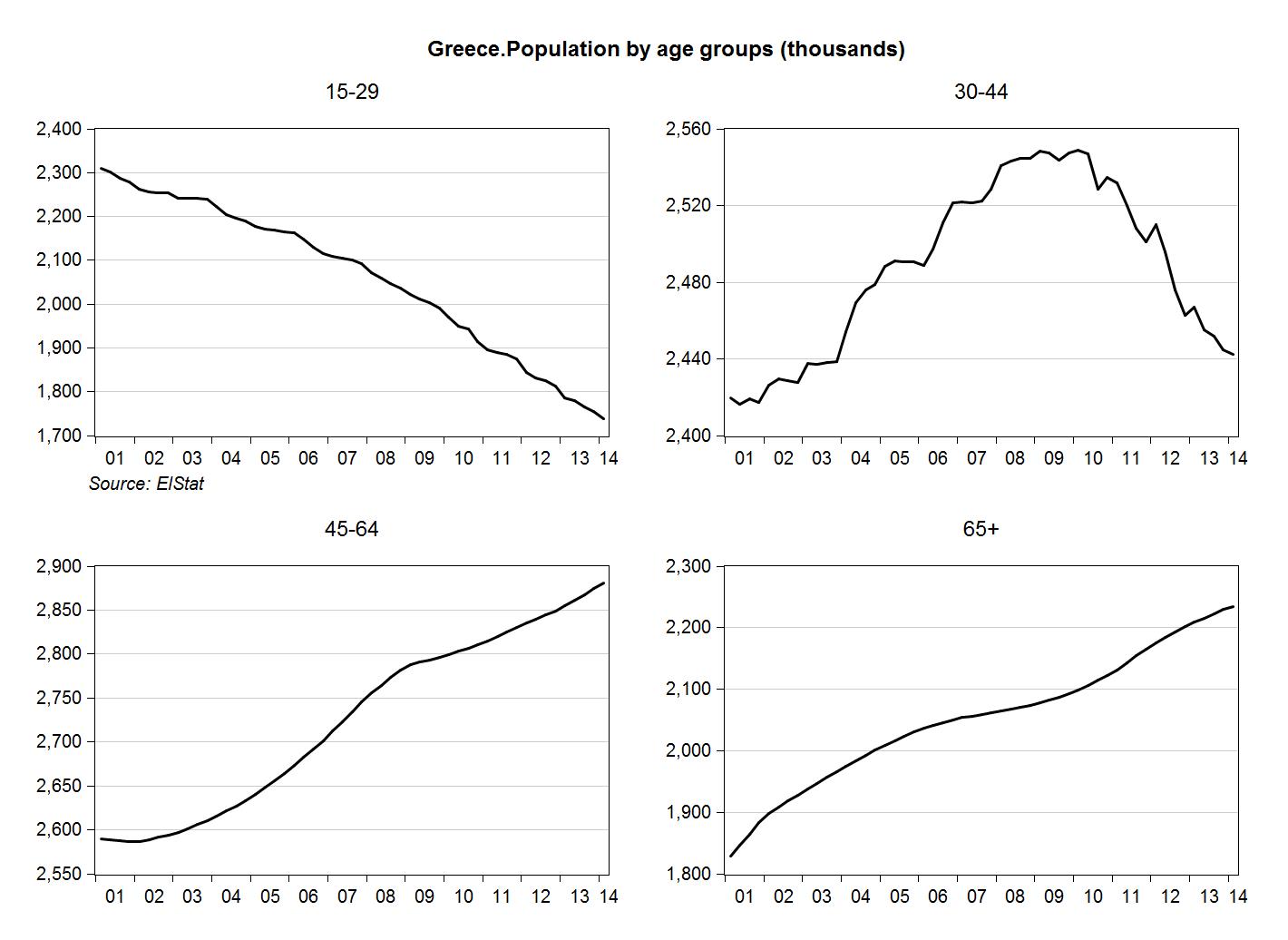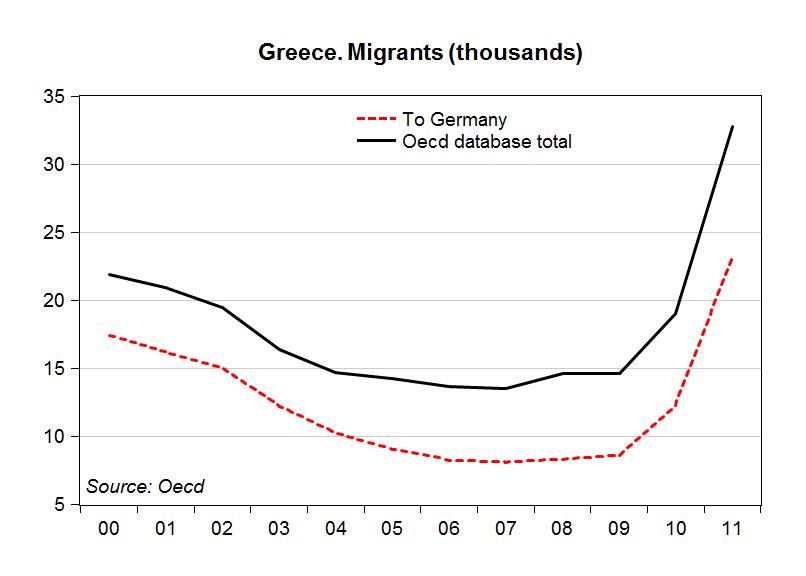Greece: A Nation for Sale and the Death of Democracy
When the European Union (EU) and the International Monetary Fund (IMF) came to Greece’s rescue in May 2010 with a 110 billion euro bailout loan in order to avoid the default of a eurozone member state (a second bailout loan worth 130 billion euros was activated in March 2012), the intentions of the rescue plan were multifold. First, the EU-IMF duo (with the IMF in the role of junior partner) wanted to protect the interests of the foreign banks and the financial institutions that had loaned Greece billions of euros. Greece’s gross foreign debt amounted to over 410 billion euros by the end of 2009, so a default would have led to substantial losses for foreign banks and bondholders, but also to the collapse of the Greek banking system itself, as the European Central Bank (ECB) would be obliged in such an event to refuse to fund Greek banks.
Second, by bailing out Greece, the EU wanted to avoid the risk of negative contagion effects spreading across the euro area. A Greek default would have led to a financial meltdown across the euro area and perhaps to the end of the euro altogether.
Third, with Germany as Europe’s hegemonic power, there was a clear intention to punish Greece for its allegedly “profligate” ways (although it was large inflows of capital from the core countries that financed consumption and rising government spending), and by extension, send out a message to the other “peripheral” nations of the eurozone of the fate awaiting them if they did not put their fiscal house in order.
Fourth, the EU wanted to take the opportunity presented by the debt crisis to turn Greece into a “guinea pig” for the policy prescriptions of a neoliberal Europe. Berlin and Brussels had long ago embraced the main pillars of the Washington Consensus—fiscal austerity, privatization, deregulation and de-statization—and the debt crisis offered a golden opportunity to cut down the Greek public sector to the bare bones and radicalize the domestic labor market with policies that slash wages and benefits and enhance flexibilization and insecurity. continue reading…






 ShareThis
ShareThis